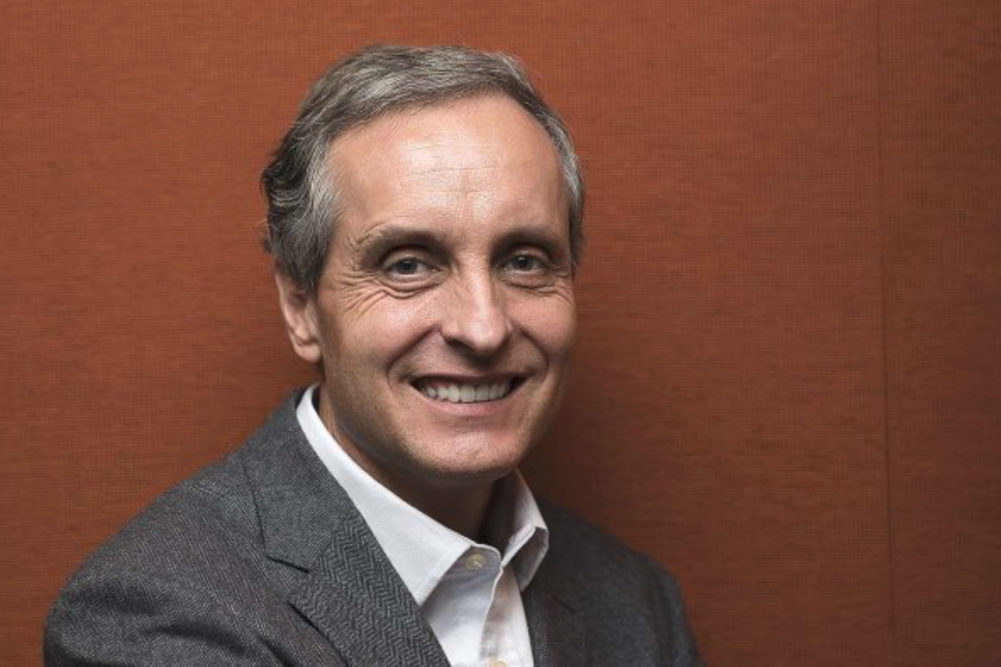MEXICO CITY — The decision to sell the company’s Ricolino confectionery business in Mexico reflects the centrality of grain-based foods in the business model of Grupo Bimbo SAB de CV, said Daniel Servitje, chairman and chief executive officer.
Mr. Servitje commented on the just-announced transaction April 27 during a call with investment analysts in connection with Bimbo’s first-quarter financial results. During the call he also addressed questions about the company’s merger and acquisition strategy, telling the analysts, “We play for the long haul.”
Mondelez International has agreed to acquire the Ricolino confectionery business from Bimbo for approximately $1.3 billion. Ricolino is based in Mexico City and makes candy bars, truffles, panned chocolates, caramel, lollipops, marshmallows, hard and chewy candies, nougats and gum.
“The strategic rationale behind this decision is that we are focusing on our core businesses — grain-based foods,” Mr. Servitje said. “We plan to continue to grow and further consolidate our position as the largest baking company in the world. We sold Ricolino at highly accretive multiples to nonetheless a company that can take our beloved brands and associates to new levels.”
Emphasizing the company’s commitment to baking and to maintaining a large presence in Mexico, Mr. Servitje said half of Bimbo’s $1.5 billion capital expenditure budget for 2022 will be spent on baking projects in Mexico, including a new plant in Monterrey, new baking lines in Tijuana and “one of the fastest bun lines in the world located in Toluca.”
In its earnings announcement, Bimbo said it will use proceeds from the Ricolino transaction to repay debt, to cover the costs of capital investments and other general purposes.
“This transaction strengthens our financial profile as it is accretive for Grupo Bimbo while it enhances our long-term focus in our core categories,” said Diego Gaxiola, chief financial officer. “We affirm our commitment and investments in Mexico, where we will be investing around $750 million during the year, a record that endorses our confidence in the country.”
Responding to analyst inquiries, Mr. Servitje was emphatic about the company’s commitment to maintaining a narrow emphasis, on baking and snacks.
“We have basically focused on becoming solely a grain-based food company, a global one and one that really takes the possibilities of our baking assets as well as our salted snacks assets better in the future,” he said. “…We are not a conglomerate. We were not even a sort of a broad food company that’s operating in many categories. We were just operating in three. Now we are laser focused on two.”
Mr. Servitje took advantage of a question about what the Ricolino sale means for Bimbo’s approach to mergers and acquisition to clarify its thinking and explain why the company has made a number of smaller acquisitions in recent years. He suggested that analysts don’t necessarily see the Bimbo approach toward M&A “from the angle I see it.”
Historically, acquisitions by Grupo Bimbo in the United States were made when the company chose to “pursue a very clear strategy of taking advantage of a fragmented market, whereby we could consolidate our market position in the US and then afterward in some other countries by making these acquisitions that were quite large compared to our size then.”
He said Bimbo has not and is not making acquisitions because “this is sort of in our blood,” as he suggested has been implied by analysts. Instead, the transactions follow a deliberate and strategic decision-making process and a willingness to do whatever is necessary to bring acquired assets up to the standards set by Bimbo.
“After we (do) these acquisitions, we have to work tirelessly years and years and years to fix ailing businesses, to invest in bakeries that have not been invested in many, many years and to fix distribution systems that were outmoded or not taken care of,” he said. “And that explains the essence of Grupo Bimbo. Grupo Bimbo is a company that always has its goals (set) very clearly and that has a long-term vision on how to develop the markets where we are.
“And we play for the long haul. If you don’t like the long haul, well, that’s who we are. But we are very clear on what we want to achieve, and we want to create value for our shareholders. And as these big acquisitions happen, what we find then is that there are many opportunities for inorganic growth, but they are smaller in size from what they were before. And that’s where we are. We continue to be active in the market, as you have seen in the past year, and we will look at a lot of opportunity in front of us. And if they fit with our strategy, if they provide growth in the future or strong synergies, we will look more closely at it.”




